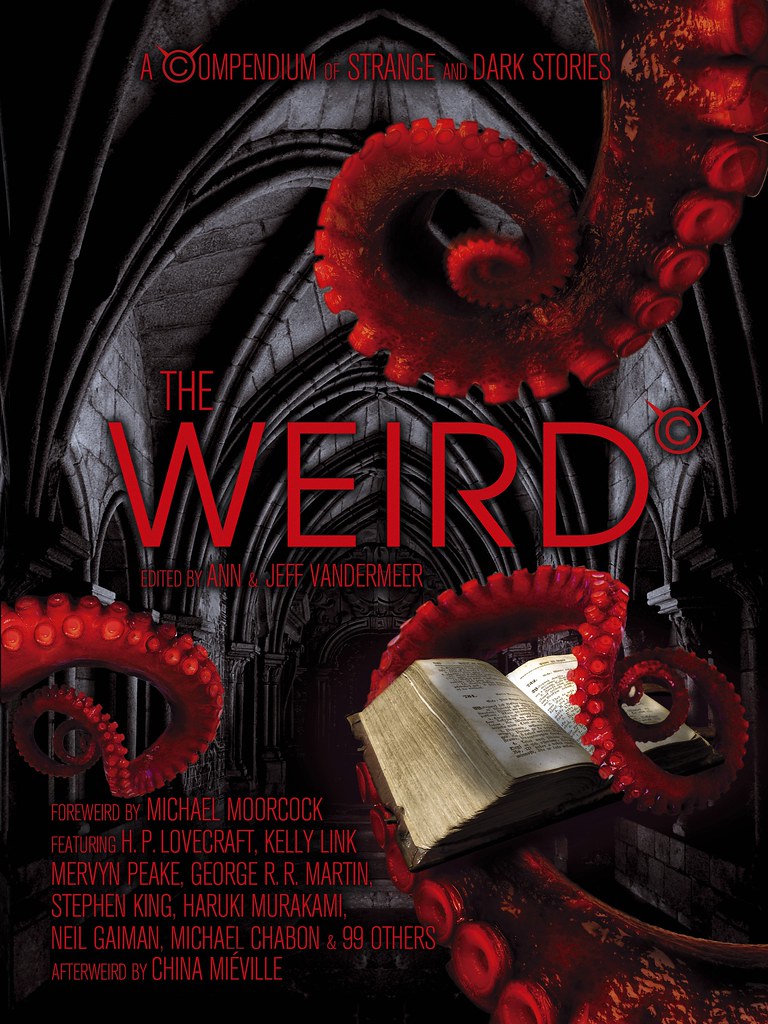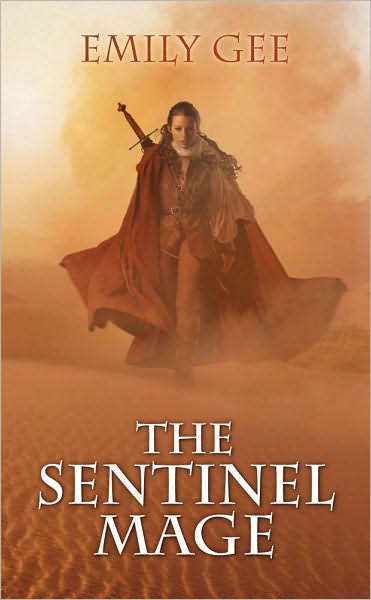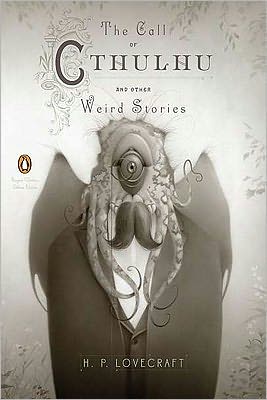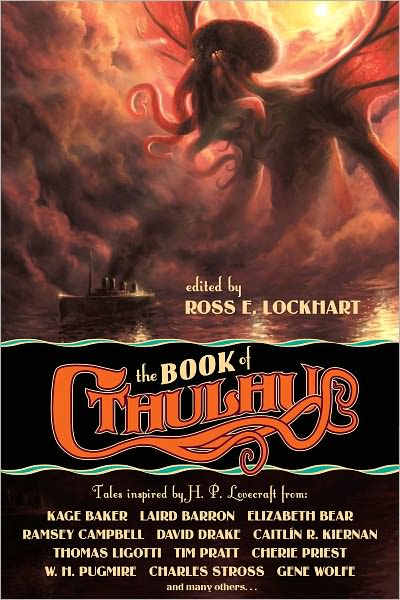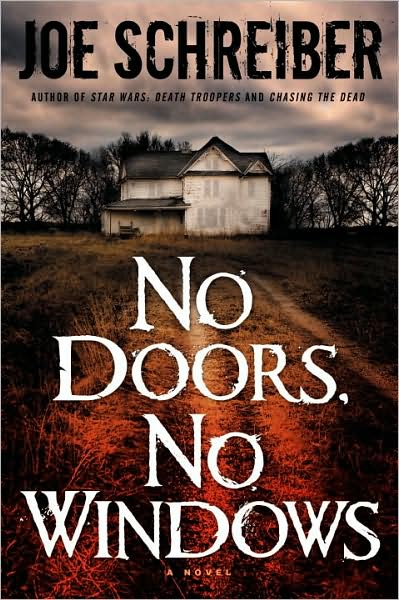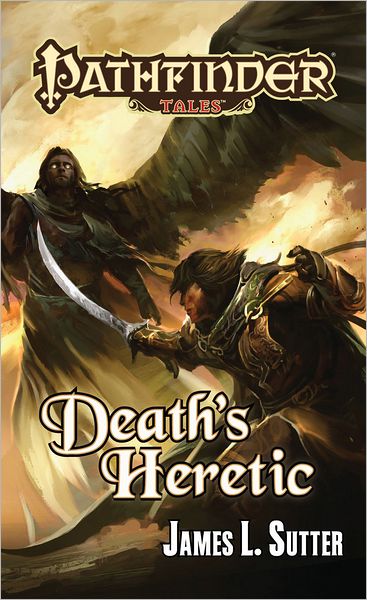Title: Son of the Poison Rose
Author: Jonathan Maberry
Publisher: St. Martin’s Press
Page Count: 687 Pages (including appendix/glossary)
Publication Date/Year: January 2023
Genre: Epic Fantasy / Epic Horror / Grimdark
I was a big fan of Jonathan Maberry’s first foray into Epic Fantasy last year, Kagen the Damned; which was one of my favorite fantasy novels I read in 2022, so I was looking forward to diving into Son of the Poison Rose, the second installment of the Epic Horror-Fantasy.
I was not disappointed.
Son of the Poison Rose picks up almost immediately after the events of Kagen the Damned. Kagen is on the run, mentally, physically, and emotionally scarred as a result of the events of the first novel. He’s got a pair of trusted companions, Filia and Tuke, at the start of the novel with whom he is attempting to take down the Witch King who has conquered the Silver Kingdom, Kagen’s hope.
The first book is required reading before jumping into Son of the Poison Rose and there may be spoilers below.
Kagen is a great study in dealing with dread and post-traumatic stress … he witnessed his parents killed, his kingdom conquered, felt his gods abandon him, and learned the identity of the Witch King. He blames himself for many things that have befallen the world. A good chunk of the early narrative focused on Kagen’s self-doubt, fears, and not-so-positive coping mechanisms. He “recovers” and gains more focus. He comes to realize he was drugged so he couldn’t fulfill his duties of protecting the youngest children and heirs to the throne and also learns they were not actually killed.
I appreciated that Maberry devoted a significant amount of the narrative to the Witch King as he tries to cement his rule. That is proving quite difficult for the man once known as Herepath since his coronation was interrupted, thus throwing into question how powerful he truly is. His “children,” the aforementioned heirs of the empire twins Alleyn and Desalyn (whom the Witch King renamed Gavran and Foscor respectively, and has passed off as his own), are demonstrating a strength that is making it difficult for Herepath the Witch King to keep under his spell. Plus Herepath is obsessed with finding Kagen.
Maberry sets these two personalities at odds with each other along with the supporting characters for each. I’ve mentioned Tuke and Filia for Kagen already. Herepath has a mysterious, powerful, being with Lovecraftian roots join as advisor – The Prince of Games, who may be Nyarlathotep, but lists off other possible names he’s had in the past including Flagg (yes, Randall Flag, The Walkin Dude) and one very familiar to fans of Maberry’s Joe Ledger novels – Nicodemus. Remember, this book is set in “our world” but about 50,000 years in the future (A conceit I love) and fits in with how Maberry likes to link his stories together. The Prince of Games here comes across far more mischievous than I remember Nicodemus being in the Joe Ledger novels
Maberry also introduces readers to Kagen’s siblings, the twins Jheklan and Faulker , brings back Rissa from the first volume somewhat briefly, Mother Frey (another great character) as well as what I’d call a guest appearance from the vampire sorcerer Lady Maralina.
While Maberry established a fantastic, deep, mythology through smart world-building in The Sword of Kagen, more depth and richness is elaborated upon in Son of the Poison Rose. The Cthulhu/Lovecraftian elements become even more prominent and I loved it. I said about the first volume how well Maberry interwove horror elements into Epic Fantasy framework. That intermingling worked to an even greater degree in Son of the Poison Rose because he was enhancing and building upon a strong foundation with intriguing details.
The only criticism I can level at the novel is that there was a bit of a repetitive nature to some of Kagen’s self-doubt. It felt like he was going through the same conversations with himself more than a couple of times in maybe the first third of the novel. Granted, depression and self-doubt drive that kind of internal dialogue in reality. In the novel, it slowed the pacing just a bit for me. Thankfully, that is just a minor criticism because I was glued to the pages and loved how Maberry structured his chapters.
Son of the Poison Rose is a wonderful follow-up that sets things in motion for what I hope will be a thrilling conclusion in Dragons in Winter.
This series provides for a dark and intriguing take on the Epic Fantasy genre and will appeal to horror fans as well. Great stuff and Highly Recommended.

